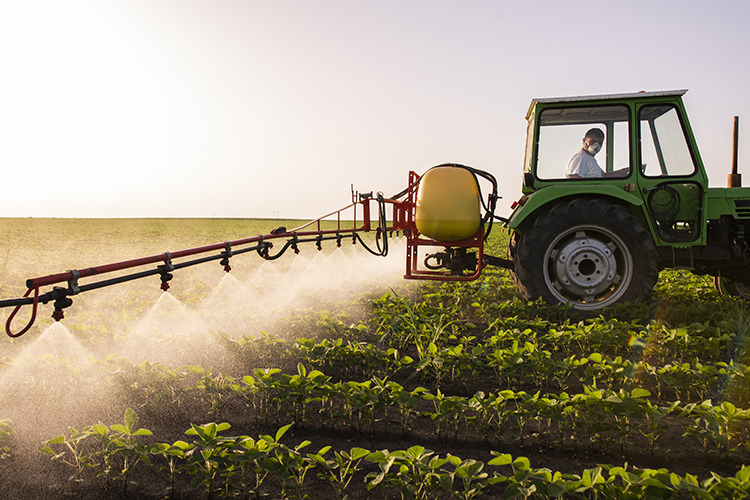
The unfolding of the war in Ukraine blared a warning for the global operations of the Norwegian Yara, one of the largest suppliers of fertilizers in the world — and a company that competes for the leadership of the Brazilian market with U.S.-based Mosaic. Brazil is among the biggest consumers of fertilizers in the world, as well as the Unites States, China and India.
This year, the global geopolitical scenario forces the company to race against the clock to serve Brazilian farmers in the final stretch of the first half of the year, when they make stocks for the next harvest. Yara has one of its largest subsidiaries in Brazil, where it delivered 8.8 million tonnes of products in 2021 — on the European continent, where it is headquartered, deliveries totaled 9.2 million tonnes in the period.
“Yara is a strong company, and very professional, but it is now poorly positioned in terms of its own supply,” said a source in the chain. Mosaic and Yara are almost isolated leaders in Brazil, with 22% and 18% of the market in 2021, according to data prepared by consultancy StoneX. Paraná-based Fertipar is the third, with 10%.
According to sources in this chain, Yara is in a “delicate strategic situation”, since the company buys phosphates and potassium while the main competitor, Mosaic Fertilizantes, is holding its production. “Mosaic has its own phosphate fertilizer in the U.S. and is part of an operation in Saudi Arabia. In addition, it also has potash mines in Canada,” the source said.
With the war and other geopolitical issues facing Belarus, Yara International has restricted its raw material procurement origins. In early February, the company had already announced the interruption of potash purchases from Belarus, a country sanctioned by the U.S. and EU last year.
Last Friday, Yara expanded the list of restrictions by announcing the interruption of all purchases from suppliers linked to Russian entities and individuals included in the reprisal lists.
Western countries sanctioned officials and businesspeople close to the Russian government in response to the invasion of Ukraine, in February 24. “As a result of the additional European Union sanctions implemented on March 9, 2022, Yara has stopped all purchases from Russian suppliers linked to entities and persons sanctioned [by the bloc],” the company said in a statement.
The company said it intends to ensure the continuity of its supply chains through its operations in other countries. Despite this, it reiterated its concern for global food security and called for government actions to reduce Russia’s dependence on this segment.
“It is crucial that the international community come together and work to ensure world food production while reducing dependence on Russia, although the number of alternatives today is limited,” said Svein Tore Holsether, CEO of Yara International, in a recent article.
Among Russian businesspeople sanctioned by the EU on March 9 are Andrey Melnichenko (EuroChem), Andrey Guryev (PhosAgro) and Dmitry Mazepin (UralChem) and his son Nikita Mazepin. The three companies are major suppliers of nutrients for fertilizers. According to a Brazilian businessman, Yara is a customer of all of them.
Yara’s list of suppliers includes Russian company Acron, which recently negotiated the purchase of a Petrobras unit in Mato Grosso do Sul. Russian companies removed the executives, according to statements posted on websites on March 10.
“Without buying potash from Belarus, and now without Russia, there will be a strong impact on Yara’s business here in Brazil,” says a top sector executive. In nitrogenous products, the company has a good part of its production of ammonia, the raw material of this group of nutrients, concentrated in Europe. However, on March 9, it announced that it would reduce the volumes in two plants due to the escalating prices of natural gas – which gives rise to ammonia.
Source: Valor International
